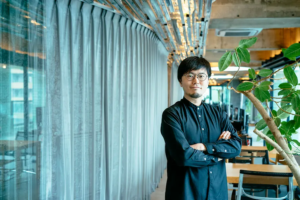Protect the Commons – Tomoyoshi Noda(Shizenkan University)
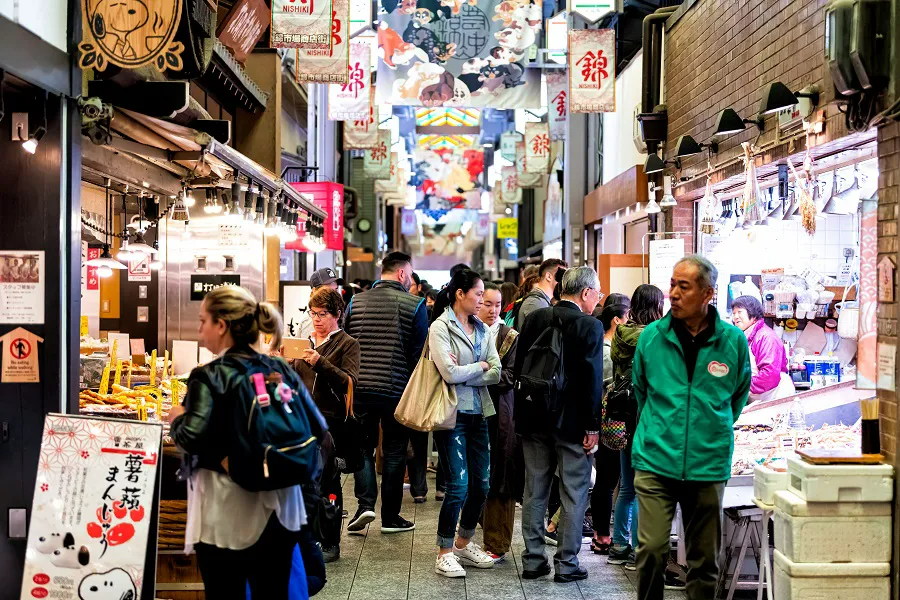
This article is reprinted from the business magazine “WORK MILL with Forbes JAPAN EXTRA ISSUE – FUTURE IS NOW” (2020/06).
The Graduate School of Leadership and Innovation Shizenkan University promotes the education of 22nd century business leaders. Tomoyoshi Noda, who has taught at various international business schools such as London Business School and graduate business school INSEAD in France, serves as chair of Shizenkan University. As Covid-19 has plunged the world into a state of crisis, Noda worries that “the commons” will disappear from society. Not only the loss of the arts, but also the loss of public places such as drinking districts and shopping streets with rows of privately owned stores – referred to as “the commons” – may lead to cities and eventually the whole world taking on a homogeneous appearance. What must we do to preserve these rich ecosystems in human society?
From the end of February 2020, Shizenkan University was among the first to initiate telework. After trying it out, we found that the digital world was even more convenient than we had ever imagined, as I’m sure you all experienced as well. Employees didn’t have to come in to work, and there were hardly any difficulties in getting things done. But at the same time, we held great misgivings. Although there were no issues regarding productivity, we were afraid that if this situation were to continue, we might lose some of the richness of human experience.
In the real world, whether we like it or not, we are forced to interact with many different people. At work, there will be people you see eye to eye with, and others you do not. When going out for drinks, there might be some people in the group you dislike.
Relationships also start from chance encounters. Through spending lots of time together in the same high school class or college seminar, you may even come to like someone who was not the type you would usually be interested in. Emotions are born through coming in contact with others through these kinds of encounters, and rich human relationships are formed. Thus, we can come to fully understand people.
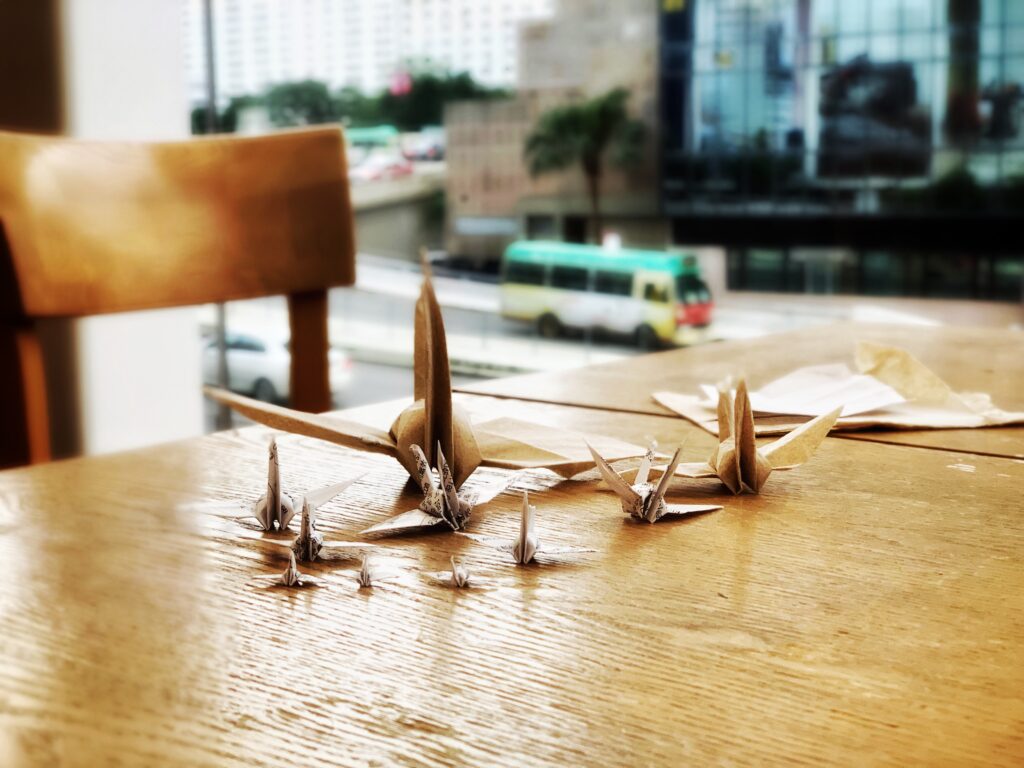
In the digital world, on the other hand, we can keep people at arm’s length if we chose to do so. Even with dating, we can use social media or dating apps to filter people out based on characteristics such as age, appearance, or hobbies. And if an online drinking party or meeting turns out to be boring, we can always get out of it by making up some excuse and disabling our internet connection.
Should we really be so excited about the freedoms that the digital world brings? As digitalization progresses, we need to bear in mind the fact that there is meaning hidden in the things we would prefer to avoid. It is essential that we face the things we don’t want to face and maintain the richness of such encounters. We must also think about how organizations should be operated and managed, both fundamentally and in the long term.
Sharing Our Burdens and Protecting “The Commons”
The economy has shrunk rapidly due to Covid-19, and numerous industries and sectors have fallen into dire straits. I am worried about losing “the commons” due to the pandemic. It is very hard to translate the concept of “the commons,” but I suppose it could be translated as “flamboyant chaos.” An example of this would be Shinjuku Golden Gai. Compared to the US, Japanese cities have lots of quaint, privately owned restaurants, variety stores, and knick-knack shops. Those businesses symbolize the richness of those regions to foreign tourists and Japanese locals alike.
However, in local communities it is not unusual to find large-scale shopping malls lining the streets while privately owned businesses on the shopping streets are shutting down. Due to the economic crisis brought on by Covid-19, even in regions that are still quite rich, only a few large companies have survived and the frightening prospect of losing these diverse ecosystems has become all too real. The commons are fragile, and once they disappear, they will be gone for good.
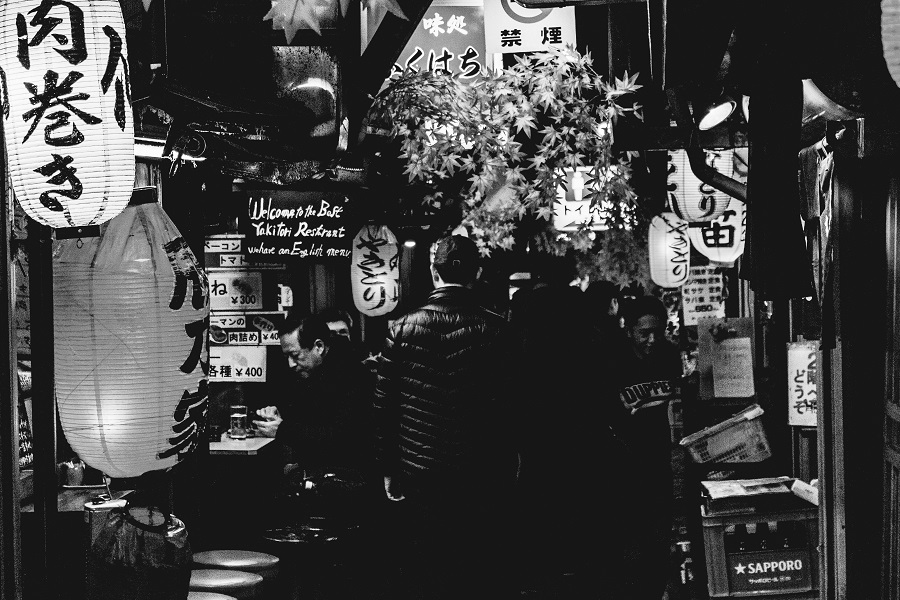
It was predicted that as digitalization progressed, culture would grow to be more diverse, but we are starting to face a reality that is completely the opposite. In order to protect cultural richness, we have to resist that reality. If people think only of themselves, we will lose the commons. While some have experienced financial hardship during the pandemic, others have gone on living their lives as usual. Now more than ever, there needs to be a movement to take action among those fortunate individuals whose lives have been relatively unaffected by the pandemic.
The other day one of our business partners in India ended up cashing out. It was due to Covid-19. Even all of the CEO’s personal funds were spent, to no avail. Nevertheless, he remained optimistic. When I told him to let me know if there was anything I could do for him, he said that he was thinking about how to empower the people of India using the education they had acquired. At that moment, I felt ashamed of myself. I was in a better financial situation than he was, but I was only thinking about how to save my own organization and immediate community.
Many business executives, even in major companies, might be busy looking out for the interests of their own organization and employees. In fact, there are many who are desperate just to stay afloat. So first of all we must survive and become independent. Becoming self-sufficient is of utmost importance in order to be able to help others. But if at all possible, we should also contribute to the commons at the same time. In that way we can share one another’s burdens and our rich ecosystems will survive.
We Were Lucky for the Past 75 Years
How should a leader make decisions in difficult situations? A valuable hint can be found the “three mirrors” described in “The Essentials of Governance,” a collection of sayings by Emperor Taizong (Li Shimin), the second emperor of the Tang dynasty. The first is the bronze mirror. This is a regular mirror, and it teaches us the importance of examining ourselves. The second is the mirror of people. It shows the necessity of being receptive to the opinions and reactions of your subordinates and staff before making decisions. The last is the mirror of history. It is the perspective of thinking about how the decisions you make will be validated or judged in the future, and I believe it is the most important perspective of all.
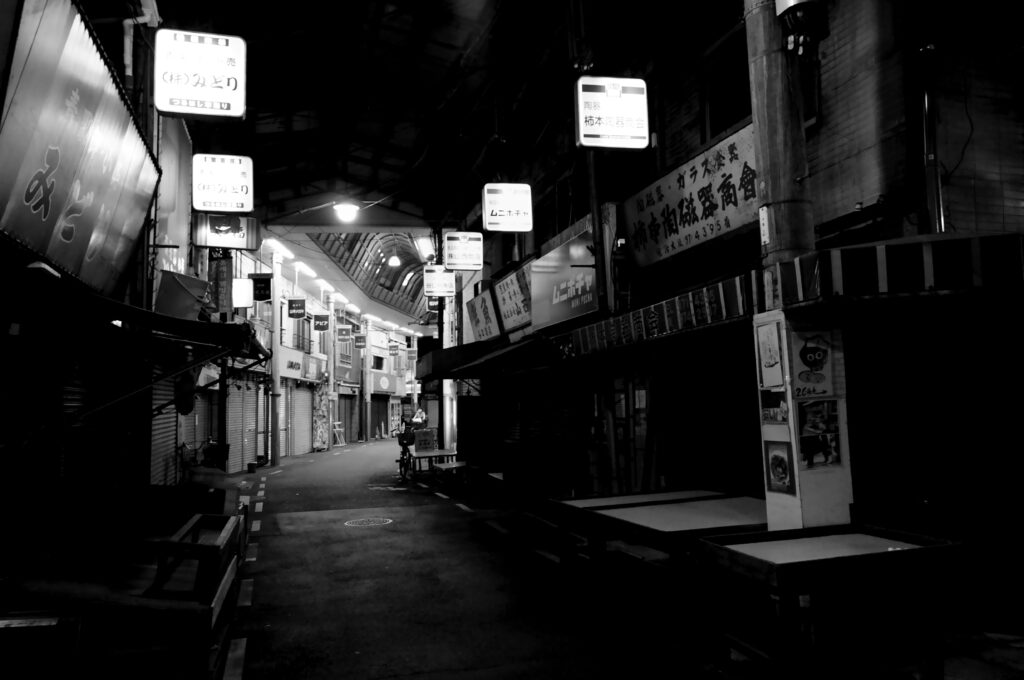
After World War II, Nazi Germany was condemned by later generations. After the danger of the pandemic has passed, how will we view the choices that were made by President Trump in the US, or President Bolsonaro in Brazil? And in the same way, how will the actions of us living in Japan be viewed by future generations? From the ancient mirrors we are taught to act in a way that will not bring shame on us in future generations.
We hear lots of positive news surrounding Covid-19: New working styles that improve our work life balance, sudden rapid expansion of digitalization that had previously moved at a snail’s pace, movements to support health care workers. But I am not so optimistic. On the other hand, I have not given up hope entirely. That is because in the 75 years following the war, we were fortunate enough to avoid befalling this kind of perilous situation. The long history of humankind has been a series of wars and plagues. Those of us living in the modern age have simply been lucky.
Therefore, rather than lamenting the present hardships of the Covid-19 crisis, we should look back on history and acknowledge that this kind of thing has happened before. We should remember that previous generations managed to find hope and press on. Let us look at humankind in the scope of history and use it as a reminder to march forward. Let us help those who are in trouble and protect the commons. That is what is required of our generation.
ーTomoyoshi Noda
Chairman of the Graduate School of Leadership and Innovation Shizenkan University. He received his MBA at the Massachusetts Institute of Technology Sloan School of Management and his DBA at Harvard University. He was a special student at Harvard University’s John F. Kennedy School of Government, and served as associate professor at London Business School and at the graduate business school INSEAD in France and Singapore before returning to Japan. In July 2001, he founded ISL (Institute for Strategic Leadership), a well-rounded leadership education institution that fosters the whole person.
Updated August 25, 2022
Interviewed April 2020
Written by Issei Tanaka





